



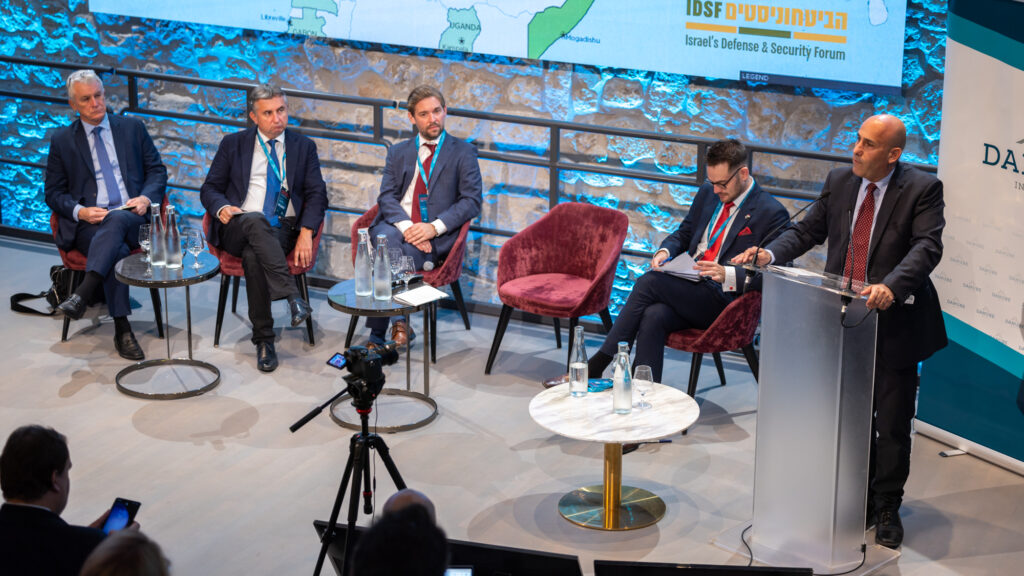
The first panel discussion of the second day analysed warfare and its moral implications, and how policymakers, global powers and ordinary people react to the war in Ukraine and to the Israel–Hamas conflict.
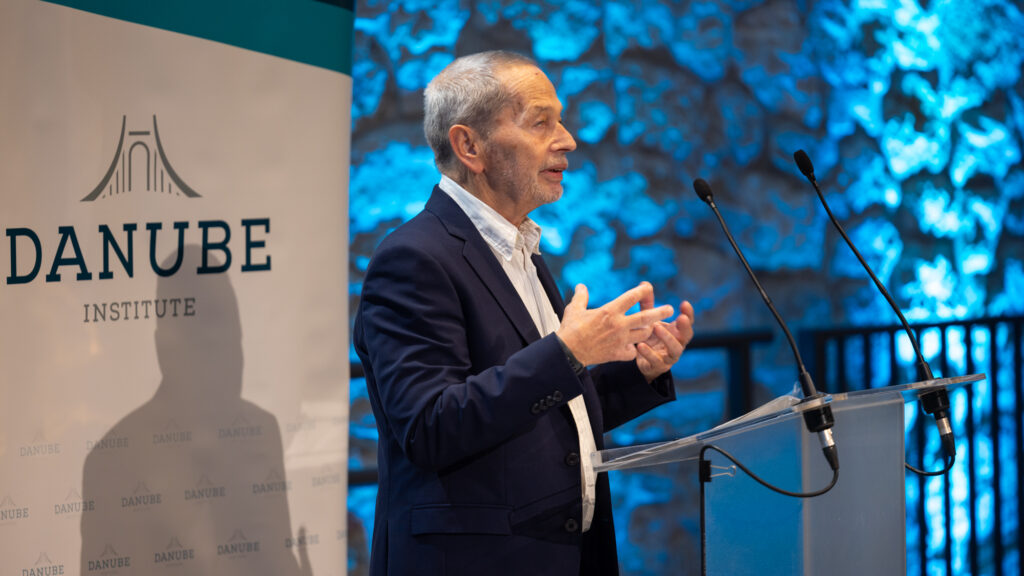
Professor Frank Füredi explained that he is concerned about how cultural issues and conflicts are able to influence geopolitical and military issues in the world in his opening keynote speech at the Danube Institute Geopolitical Summit.
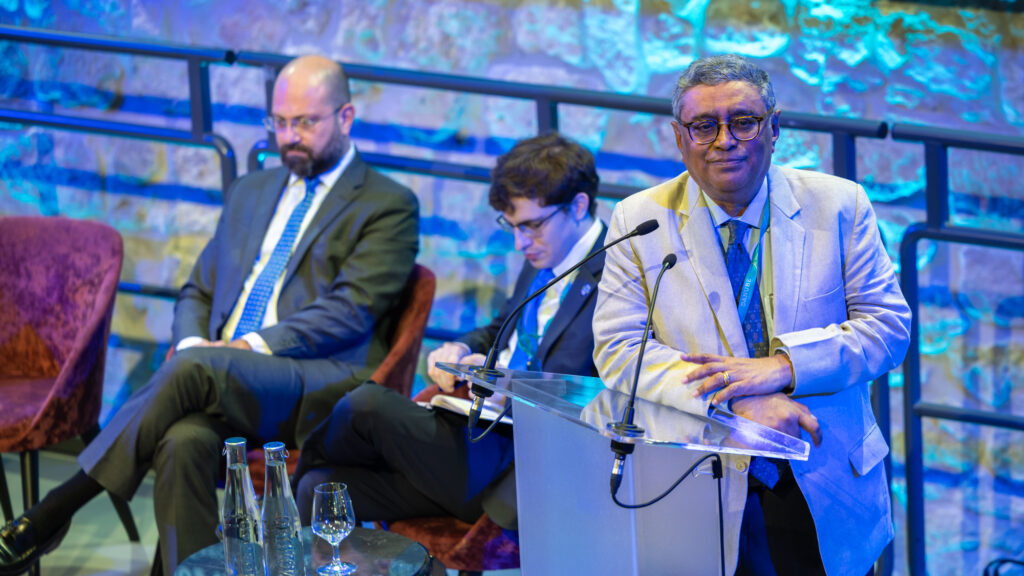
During the third panel of the conference some of the renowned experts held that the future will be about a multipolar world the axis of which are non-Western countries, particularly China, while others argued that the 21st century is still American, with the United States remaining the central and most powerful actor.

The first panel discussion of the Geopolitical Summit discussed several aspects of democracy, and how conservatism fits into it in the ‘changing world order’. The panellists agreed that Western liberal elites have in many ways hijacked democracy.

An interactive exhibition paying tribute to the work of Nobel laureates Albert Szent-Györgyi and Katalin Karikó has opened at the University of Szeged, aiming to inspire young people to pursue careers in science. The exhibition also showcases the history of the institution, tracing its origins back to 1581, with special emphasis on its relocation from Transylvania to Szeged in 1921.

At a book launch on 12 September young researchers of the MCC Centre for Next Technological Futures discussed their findings regarding startups and robots with renowned international experts. The English-language book summarizes the fact-based research conducted by the Centre over the past two years, the results of which have already been presented by the student researchers at several international conferences.
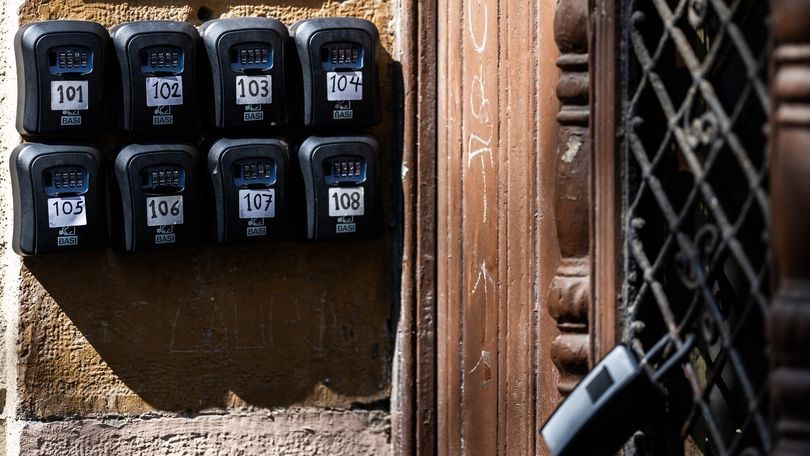
The municipality statement issued on 16 September said that from 1 January 2026 the Terézváros local government will set the number of days that properties can be used for short-term rentals in the district at zero. The referendum was called in response to the growing number of resident complaints about the disturbance caused by Airbnb-type accommodations.
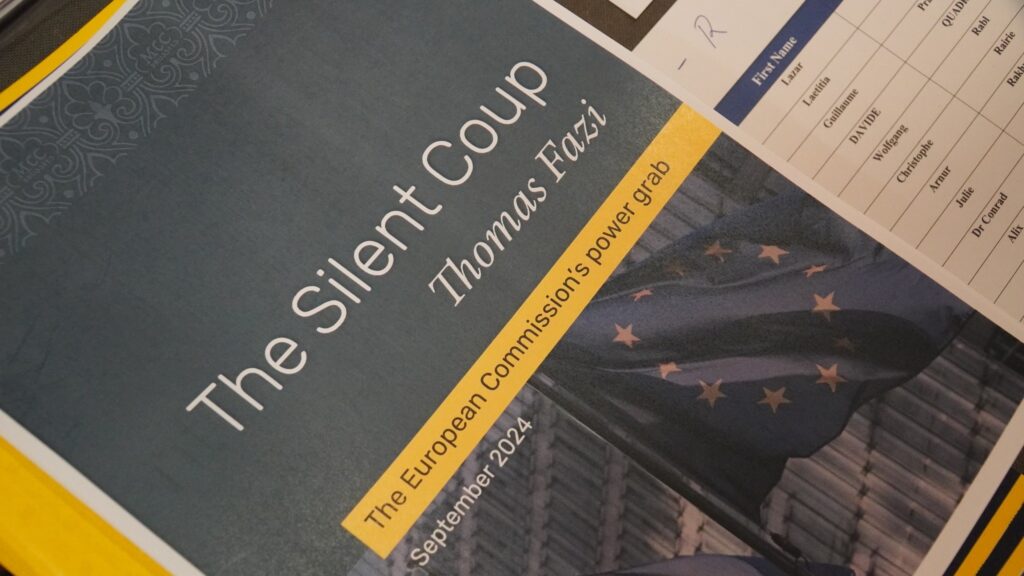
The conference featured research by Italian author and journalist Thomas Fazi, whose report ‘The Silent Coup’ was recently published by MCC Brussels. In his report Fazi argues that the sovereign debt crisis, the refugee crisis, the Brexit referendum, the COVID-19 pandemic, and the war in Ukraine all contributed to the widening of the European Commission’s competences.

This autumn marks the sixth edition of the PesText International Literary and Cultural Festival, where audiences can meet key figures of contemporary world literature. The festival’s primary aim is to provide opportunities for foreign language authors and readers to meet, with special attention given to the literature of neighbouring countries, Eastern and Central Europe, and the Visegrád Four.

Since Strabag has previously stated that it does not consider its stake in the railway company a strategic investment and is willing to sell it, the last obstacle has been removed for the Hungarian state to further increase its ownership in the Győr–Sopron–Ebenfurth Railway Corporation.
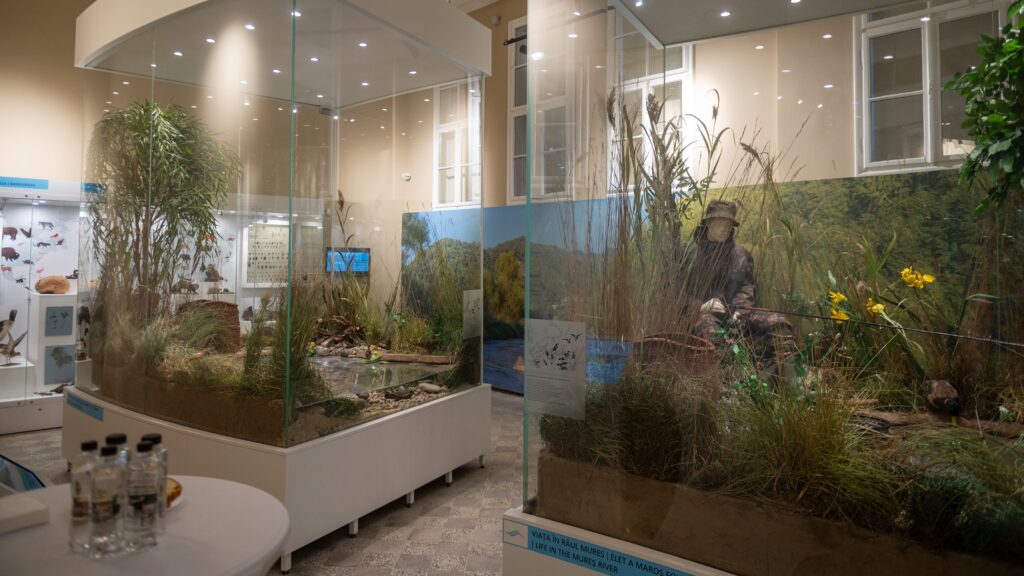
In order to ensure the high-quality execution of the project, a two-stage international design competition will be launched for the new exhibition building by the Debrecen Infrastructure Development Ltd on behalf of the city of Debrecen, inviting submissions from leading international and domestic architectural firms.

The exhibition, open until 24 November, showcases the role of traditional craftsmanship in contemporary visual art through over three hundred artefacts. The objects are displayed within both ethnographic and applied arts contexts, allowing for the parallel exploration of different perspectives.

Accompanied by the music of Hungarian composer György Ligeti, 2001: A Space Odyssey explores the origins of human life, with the screenplay co-written by Arthur C. Clarke and Stanley Kubrick suggesting that extraterrestrial intelligence played a conscious role in human development.
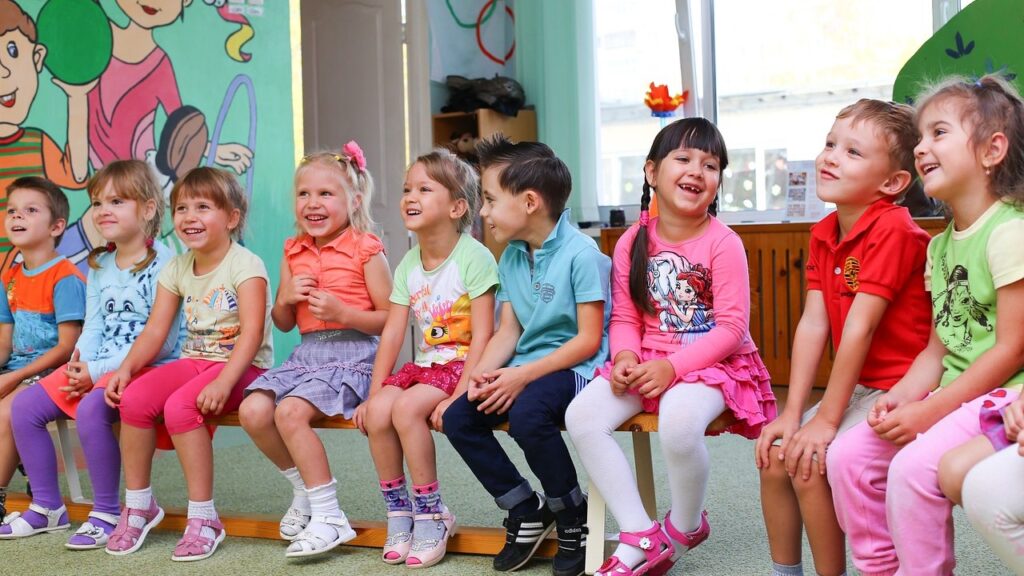
The OECD has published its Education at a Glance 2024 report, which examines the state of educational systems and the challenges they face in various countries up to 2023. The analyses are based on data from 2022 and 2023 for educational participation and 2021 for teacher salaries.

Out of the 38 bearings on the Kőröshegy Viaduct (each supporting 4,500 tonnes when in place), three had become significantly worn and needed to be replaced. The viaduct will be reopened to traffic in full width on Wednesday afternoon, five days earlier than planned, according to the Hungarian Concession Infrastructure Development Plc.

The film, which tells the story of the world-renowned Hungarian doctor Ignác Semmelweis, won the award for Best Film at the Toronto EU Film Festival based on audience votes. In Hungary approximately 350,000 people have seen the film drama, and its success continued on the largest streaming platform, according to the statement.
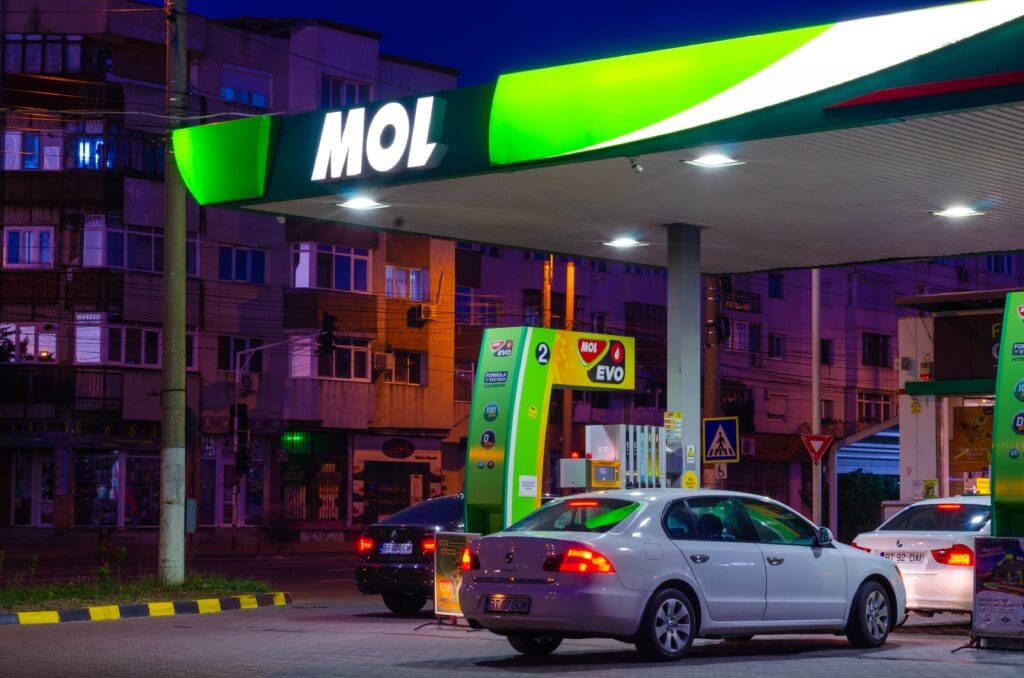
MOL has signed agreements with oil shippers and pipeline operators to ensure the continuous transport of oil through the Druzhba pipeline from Russia.

Researcher at the HUN-REN Centre for Astronomy and Earth Sciences Krisztián Sárneczky was elected one of the newest honorary members of the International Astronomical Union. In addition to his work in popularizing science, he has recently achieved outstanding results in the field of planetary defence as well.

According to the Hungarian minister for national economy the disinflation of food prices is driven by a significant decline in agricultural producer prices, suggesting that prices for certain food products may continue to fall in the coming months, further boosting demand growth.

The 24th China International Fair for Investment and Trade, which opened on Sunday, features a significant Hungarian presence. The event presents an excellent opportunity for Hungarian companies to attract the attention of investors, according to a statement by the Ministry of Foreign Affairs and Trade.
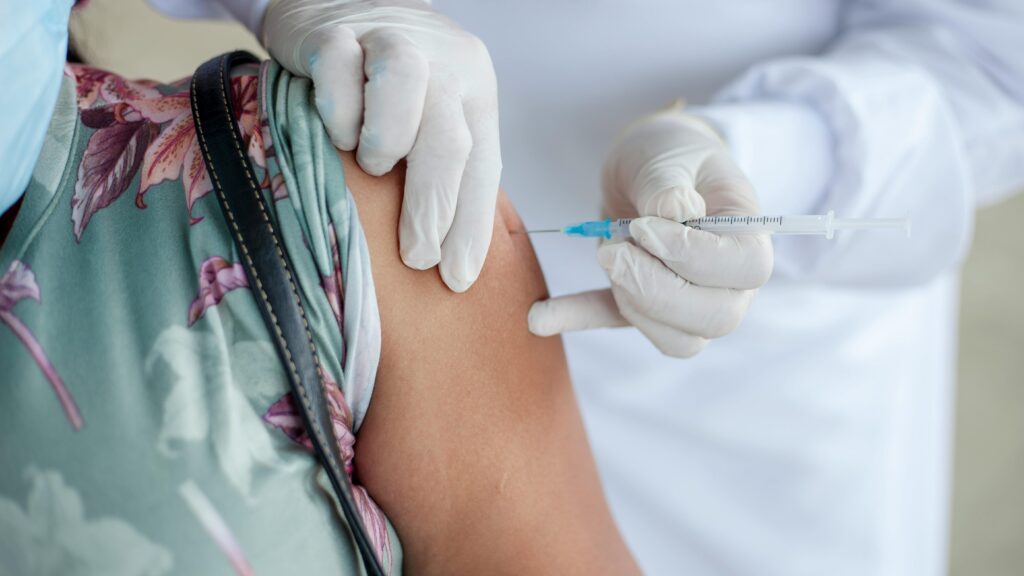
Former President János Áder, joined by infectious diseases specialist János Szlávik, discussed the importance of vaccinations in preventing serious infections such as severe COVID-19, whooping cough, and measles in the latest episode of the Blue Planet podcast.

The Pujiang Innovation Forum commenced on Saturday in Pujiang (Shanghai), with Hungary participating as the guest of honour at the four-day event. The Hungarian delegation, consisting of around forty experts, business and academic leaders, is showcasing world-class Hungarian innovations at a prominent stand.

One of the 21st century’s greatest scientific questions is whether humans have free will. This year’s Brain Bar will give special attention to this topic, with notable guest speakers such as Avi Loeb, Gerard Barron, and Lars Chittka.
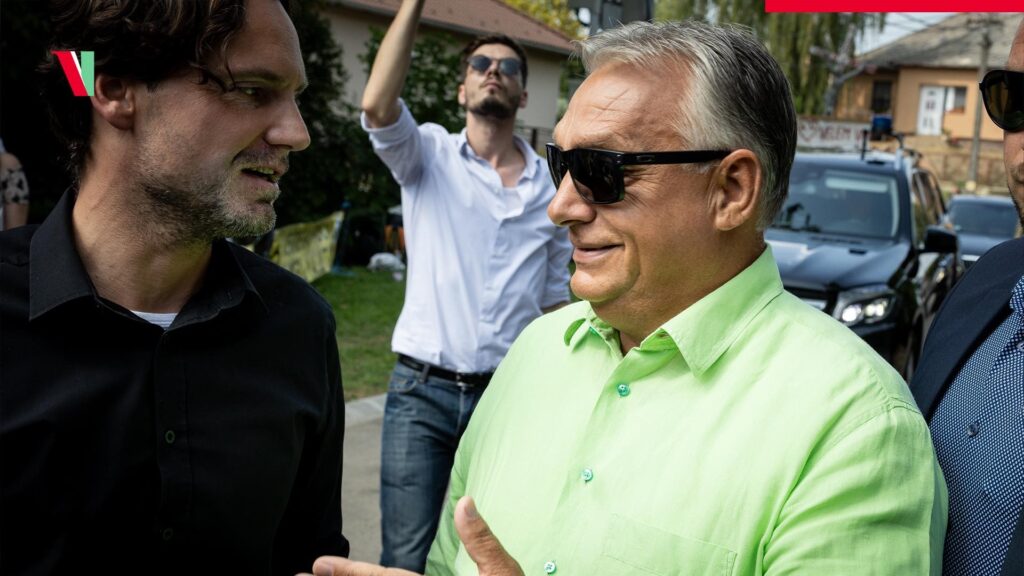
At the annual Kötcse gathering of conservative political and cultural elites Viktor Orbán shared that an action plan has been drafted for a ‘peace budget’ that will involve wage hikes, as well as more government support for families and for businesses.

Central and Eastern Europe’s largest artificial intelligence conference will be held in Budapest at the House of Music on 9–10 September. As part of the event series in City Park, not only will the House of Music take centre stage, but the internationally renowned Museum of Ethnography will also host the Media Future stage.

The series is a monumental historical drama that portrays the life, love, and battles of János Hunyadi, the legendary 15th century Hungarian military leader, offering a glimpse into the political landscape of Europe at the time. What makes the series unique is its cast of over 600 international actors and stunt performers, with the characters speaking in their native languages, enhancing historical authenticity.

At the reception ceremony for the new aircraft Defence Minister Kristóf Szalay-Bobrovniczky emphasized that Hungary is a pro-peace country, and the government is committed to both peacebuilding and peacekeeping, which requires making sure that the Hungarian airspace is safe.

Hungarian energy drink company HELL sued Forbes Hungary in 2019 to prevent the publication of its owners’ personal information in the magazine’s annual special edition listing the 50 richest Hungarians. A temporary court order required the publisher to recall the issue, and remove the names of the owners from the magazine’s online platform. Despite this precedent, Forbes has recently published an article which featured the personal data of the owners, accompanied by what the company describes as ‘sensationalist and ad hominem comments in a tabloid style’.

During his recent visit to China Minister of National Economy Márton Nagy highlighted the importance and role of establishing contact with companies that, beyond battery recycling, actively support the implementation of sustainable and environmentally friendly recycling technologies, as well as the increasing of the proportion of recyclable materials in batteries.
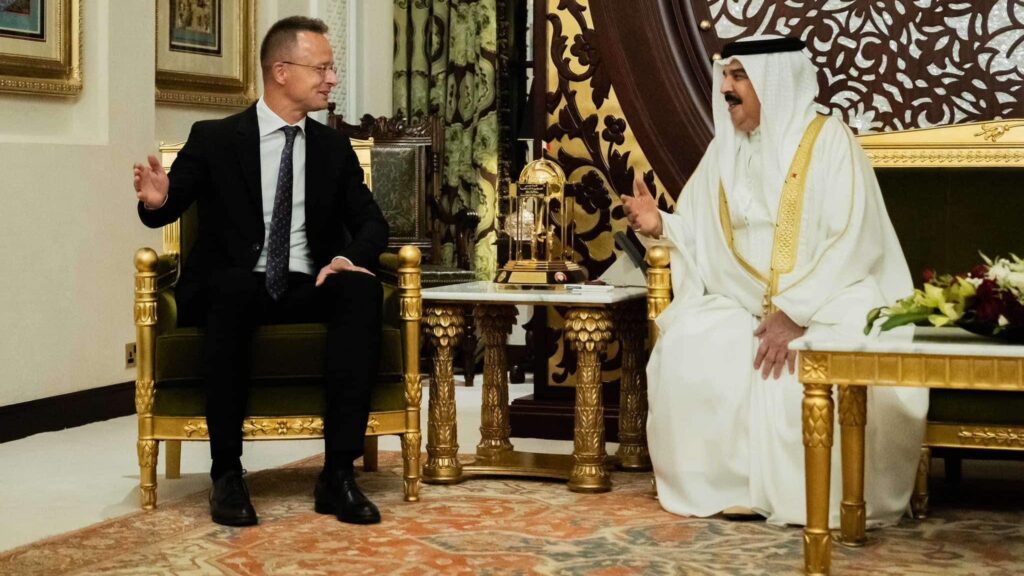
During a joint press conference with his Bahraini counterpart Abdullatif bin Rashid Al Zayani, Minister of Foreign Affairs and Trade Péter Szijjártó emphasized that Hungarians particularly value those nations around the world that, like Bahrain, stand up so resolutely and vocally for peace. He also welcomed the fact that Hungary’s Festipay is making a significant software development investment in Bahrain.

Hungarian Conservative is a quarterly magazine on contemporary political, philosophical and cultural issues from a conservative perspective.